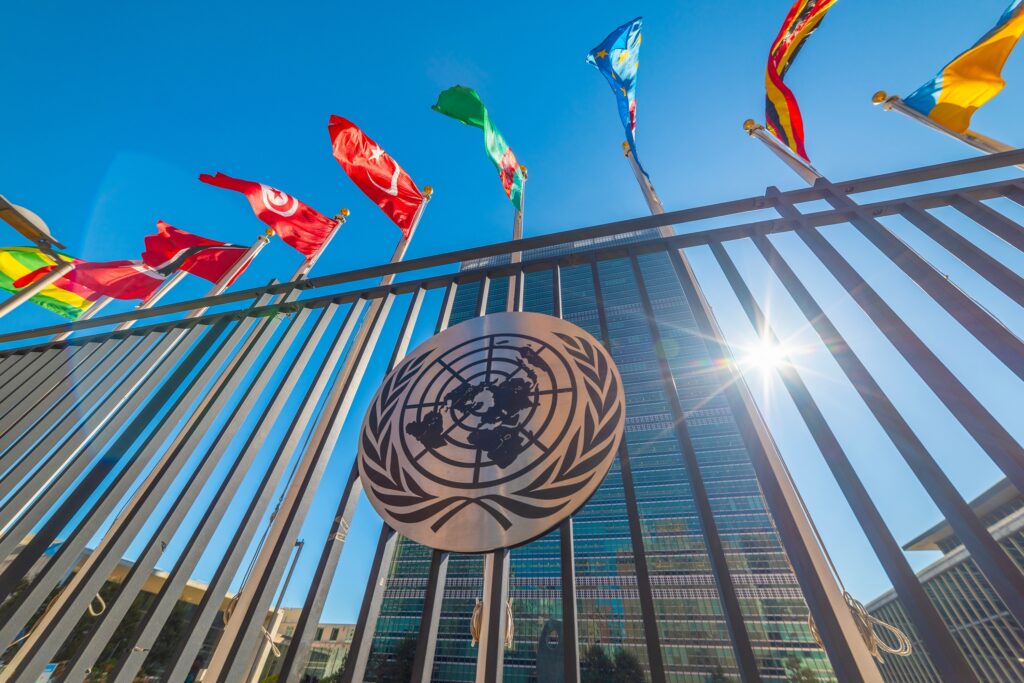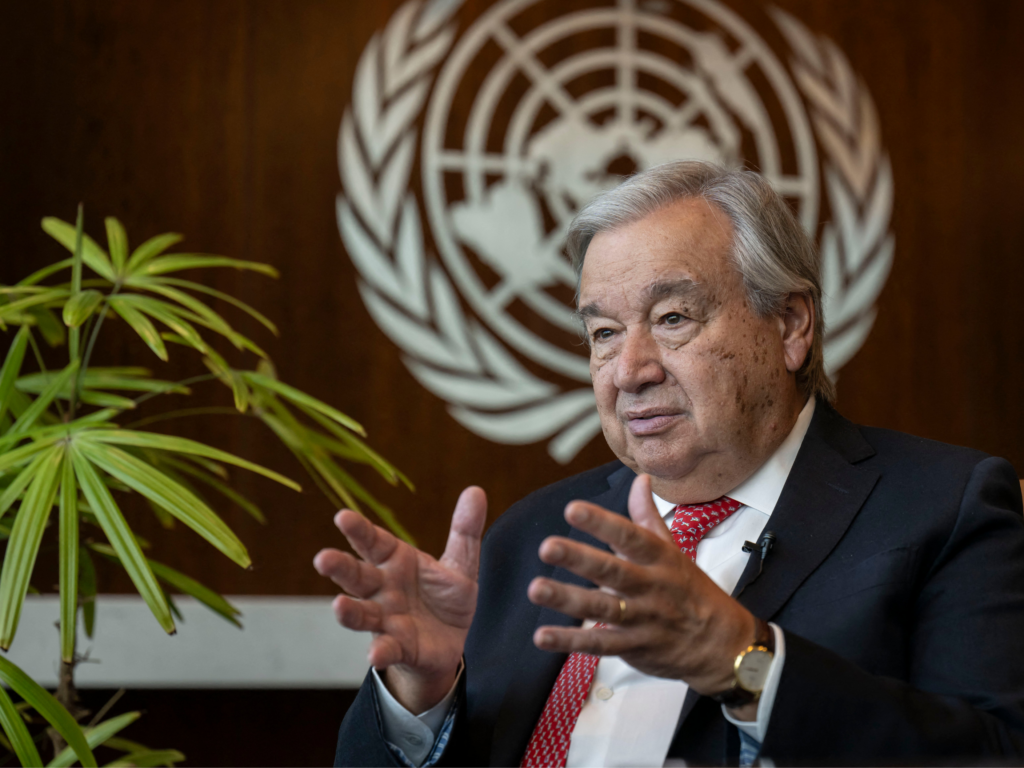From its earliest days, the United States has played an important role in shaping how the UN works — driving reforms to make it more effective, efficient and accountable. Today, the institution faces one of its greatest tests.
In 2025, Secretary-General António Guterres launched UN80 — a sweeping reform agenda to streamline operations, cut costs and re-center the UN on its core mission. The plan comes amid new 21st century challenges and a deep liquidity crisis — with fewer than half of Member States paying their dues. In fact, the U.S. alone owes more than $1.5 billion in arrears. Those arrears aren’t just numbers on a ledger — they constrain peacekeeping operations, delay humanitarian aid and weaken U.S. influence in global decision-making. The reforms also mark an important opportunity — for the UN to adapt to remain fit for purpose and the U.S. to help shape that transformation.
Since the launch of UN80, the Secretary-General has already put forward the most significant cuts in decades — a 15% reduction ($500 million) to the UN’s core budget for 2026, which would eliminate nearly one in five posts, or about 2,680 jobs.
These reforms are gaining traction, but the work has just begun. To be successful, Washington must stay engaged. Read more about UN efforts and the impact and history of U.S.-led change at the UN.

